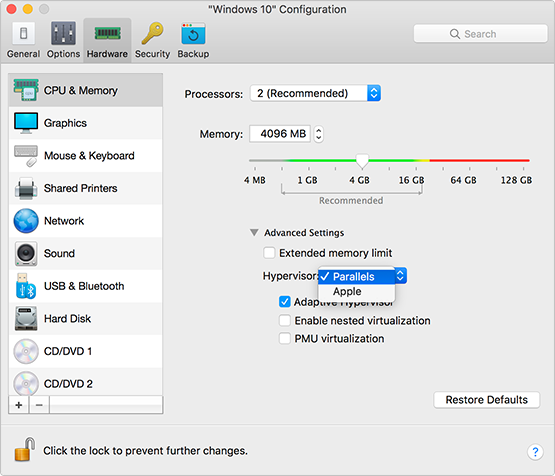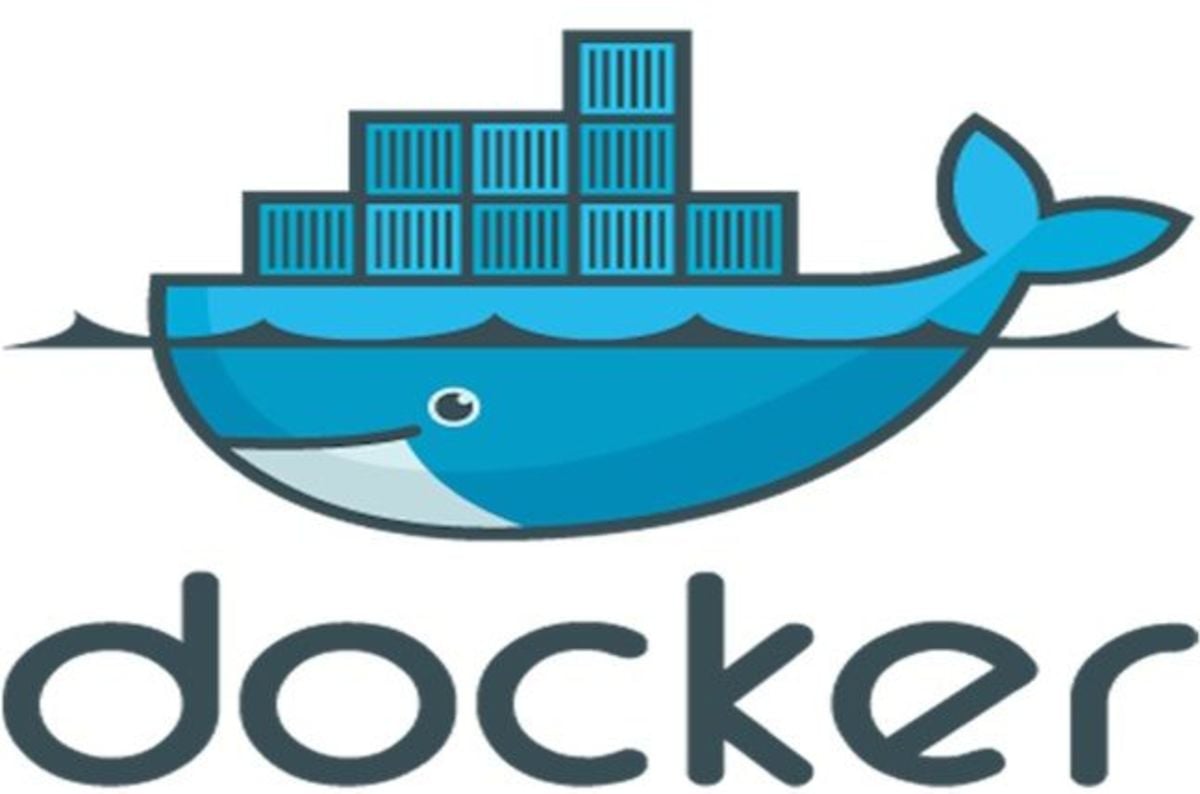I want to add a domain entry to /etc/resolv.conf of my docker container. Here is my dockerFile FROM tomcat:8.0.20-jre7 VOLUME /tmp #RUN sed -i 's search local domain com.example.com g;' /etc/resolv.conf RUN echo 'domain com.example.com' /etc/resolv.conf # Expose ports. EXPOSE 8080 I tried both echo and sed. With sed, I get error during build. Sed: cannot rename /etc/sed6LcoES: Device or resource busy but with echo container build and run successfully. However, when I get into container, I do not see my domain added in /etc/resolv.conf.
Aug 11, 2016 - You might wonder what happens when the host machine's /etc/resolv.conf file changes. The docker daemon has a file change notifier active.
Why is it not working? NOTE: I have got dns-search working by passing during run argument docker run -p 8080:8080 -dns-search=com.example.com -d -name myawesome my/myawesome:latest but I am interested in getting dockerFile working. This is by design. /etc/resolv.conf is used by docker engine to handle service discovery. Documentation states the following: How can Docker supply each container with a hostname and DNS configuration, without having to build a custom image with the hostname written inside? Its trick is to overlay three crucial /etc files inside the container with virtual files where it can write fresh information This arrangement allows Docker to do clever things like keep resolv.conf up to date across all containers when the host machine receives new configuration over DHCP later. The exact details of how Docker maintains these files inside the container can change from one Docker version to the next, so you should leave the files themselves alone and use the following Docker options instead.

If you want to override/reconfigure some dns settings, use -dns parameters during container starting. See more details:.
If /etc/resolv.conf contains nameserver 127.0.0.1 then adding entries to /etc/resolvconf/resolv.conf.d/tail won't really do anything useful. If you are using NetworkManager then you should instead statically add nameserver addresses via network indicator: Edit Connections. Edit.
IPv4 Settings Additional DNS servers. If you really want to add more entries to /etc/resolv.conf, create a /etc/resolvconf/resolv.conf.d/tail and add them there. As with every Ubuntu release, it's recommended to read the Ubuntu Release Notes, available here:. The Desktop and Common Infrastructure sections contain a link to. covering the changes to the DNS infrastructure in 12.04.

It sounds like you are talking about the resolvconf package. Install the package. Run cd /etc/resolvconf/resolv.conf.d sudo cp -p head head.orig #backup copy, always do this sudo nano head The top of the file is a scary warning. The file /etc/resolv.conf is autogenerated from the contents of this file; the warning is there so it will get put in /etc/resolv.conf when /etc/resolv.conf is generated. To the end of the file, add nameserver Press Ctrl x and answer yes to saving the file. To finish up, regenerate /etc/resolv.conf so the changes are applied right now: sudo resolvconf -u Then check the contents of /etc/resolv.conf to see the line you added is now there. Further, it will still be there the next time your machine boots or your network service is restarted, whichever comes first.
Download Docker For Mac

Custom /etc/resolv.conf In Docker For Mac Mac
Below I will show you the best way that I have found since I run Ubuntu Server edition and use ifup rather than NetworkManager. Actually for me they made this easier:) by putting it all into the /etc/network/interfaces file.